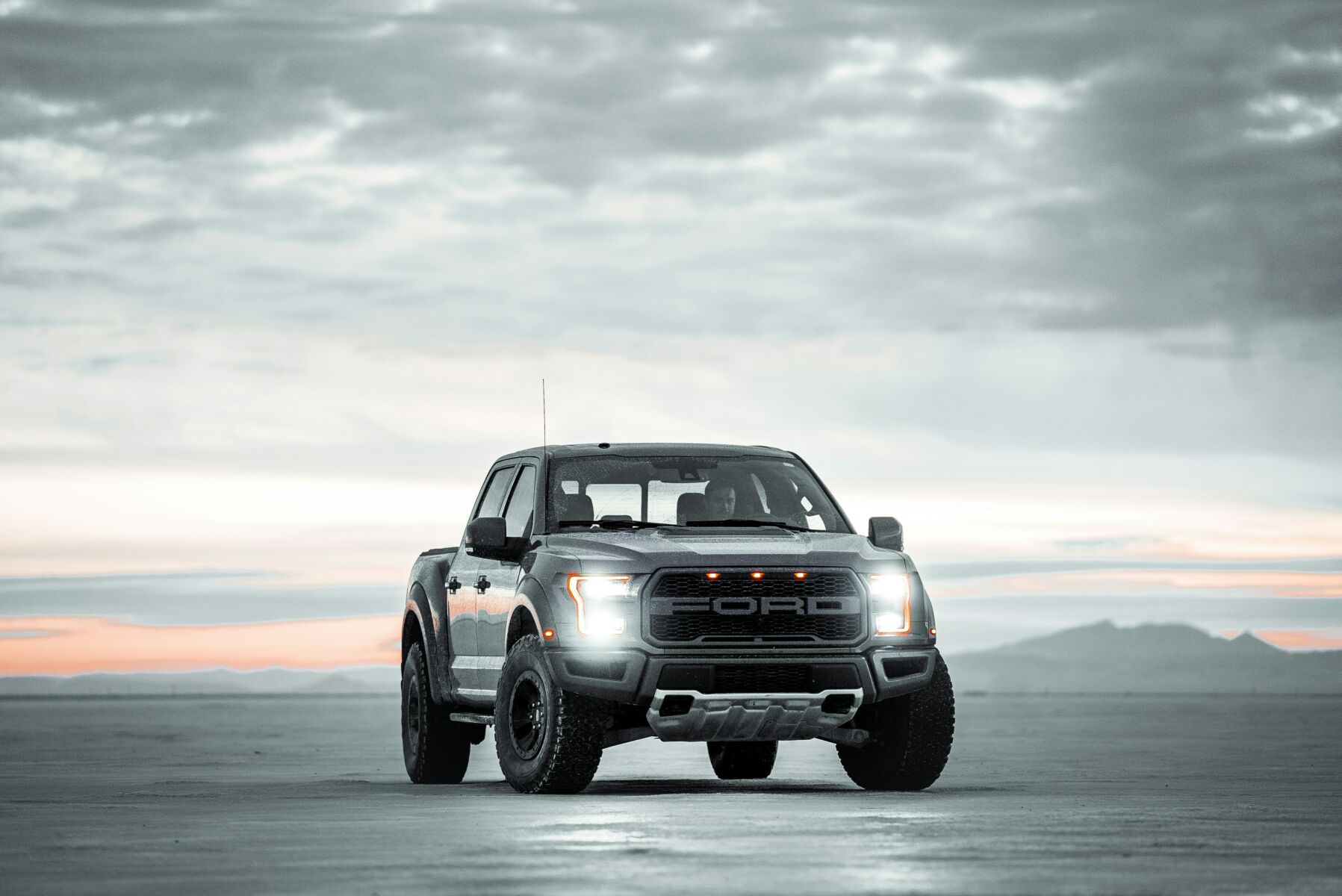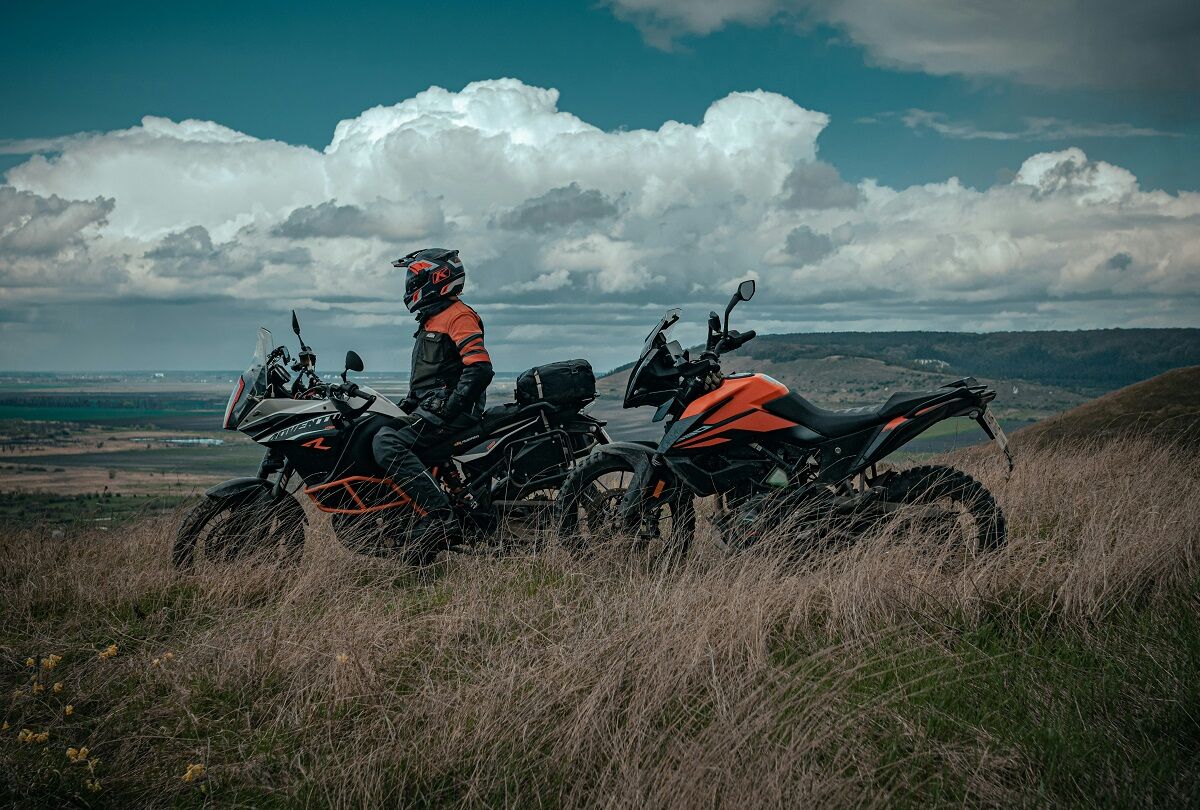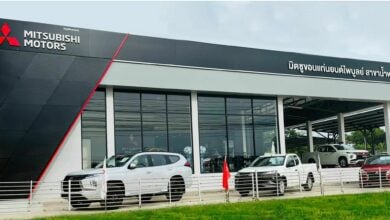Sports utility vehicles versus motorcycles in Thailand

Do you categorize yourself as an adrenaline enthusiast who finds exhilaration in a motorcycle drive, or do you have a proclivity towards the comfort and safety features of an SUV? Each stands with its unique advantages and disadvantages. From parameters like fuel efficiency and ecological footprint to factors such as cost and convenience, we’ll comprehensively examine these facets and beyond.
So, be prepared as we initiate this comparative journey, contrasting SUVs and motorcycles within the Thai context, and facilitating an informed decision on the optimal selection for your lifestyle.
Vehicle types in Thailand
Diverse landscapes and intricate urban roadways define Thailand, catering to the proliferation of various types of vehicles. Here, we delve deeper into the features and advantages of sports utility vehicles (SUVs) and motorcycles, dominating the roads of Thailand.
Overview of sports utility vehicles (SUVs)
SUVs, due to their size and weight, provide an impressive on-road presence. Accommodating more passengers than the average car and affording high seating positions, they’ve earned a solid reputation for comfort and safety. Moreover, with newer models progressing towards fuel efficiency, SUVs are not on the back foot in the ‘eco-friendly’ race anymore.
Overview of motorcycles

Motorcycles, on the other hand, offer unrivalled flexibility. They ensure easy navigation through the densely populated cities of Thailand. Boasting lower fuel consumption, they make for a cost-effective mode of transport. The draw of motorcycles extends to their affordability and the reduced import tax, consequently further strengthening their foothold in the Thai vehicle market.
Key considerations for choosing a vehicle
When opting for a vehicle in Thailand, your decision hinges on various factors. These might include cost comparisons, the environmental impact of the vehicle and its suitability in urban versus rural settings.
Cost comparisons
Discussing finances, sports utility vehicles (SUVs) generally cost more than motorcycles. For instance, SUV ownership includes higher initial procurement charges, higher fuel costs, and steeper maintenance fees, not to mention the annual tax applied by the Department of Land Transport (DLT). On the other hand, motorcycles like a Honda Click come with an affordable annual tax and the total ownership costs reaching around THB 51,000 annually, bridging the wide gap in cost between SUVs and bikes. Depending on what brand of vehicle you may be looking for, the prices will slightly vary.
Environmental impact
In terms of environmental impact, motorcycles win the debate. Motorcycles typically consume less fuel compared to SUVs. With rising environmental concerns and the global push towards reducing carbon footprints, this point serves as a significant benefit for individuals leaning towards motorcycles.
Practicality for urban vs rural areas
Practicality is another prime factor influencing vehicle choice. In Thailand’s bustling urban regions, the flexibility and space efficiency provided by motorcycles are major draws. They enable you to weave through tight traffic and find parking easily. However, in Thailand’s scenic rural expanses, SUVs may provide a more comfortable, relaxed ride, especially for longer excursions. They offer higher passenger capacity and better comfort features which can be particularly appealing on those longer trips.
Remember, in the end, your choice of vehicle must resonate with your personal needs, lifestyle, and the specific conditions of the area you’ll be navigating most frequently.
Ownership conditions in Thailand
After studying the features and benefits of sports utility vehicles (SUVs) and motorcycles in Thailand, it’s crucial to understand the ownership conditions within the country. This section shifts focus from the comparative analysis of these vehicles to the legalities of vehicle ownership, to the associated costs and taxes, and finally, to the fundamental insurance considerations in the region.
Legal requirements

Owning a sports utility vehicle or a motorcycle as a foreign national in Thailand isn’t just a dream; it’s a reality governed by certain legal stipulations. These prerequisites allow foreigners to conduct a seamless and lawful vehicle purchase. Consulting local authorities or specialists with expertise in auto-ownership laws offers accurate and relevant data necessary for you to sail through the legal process of owning an SUV or a motorcycle in Thailand.
Costs and taxes
Beyond the upfront costs of a sports utility vehicle or a motorcycle, additional expenses such as taxes and maintenance fees come into play. Compared to motorcycles, SUVs typically incur higher ownership costs due to the higher procurement charges, more substantial fuel expenses, increased maintenance fees and steeper annual taxes. In contrast, motorcycles such as the Honda Click offer a more affordable route for vehicle ownership. Understanding these costs can help in determining the type of vehicle that aligns with your financial capacity.
Insurance considerations
Insurance forms an essential aspect of vehicle ownership in Thailand. Coverage offers a safety net during unexpected incidents, saving significant financial burdens down the line. An informed decision on insurance should factor in the distinct insurance premiums for sports utility vehicles and motorcycles. By considering the terms and coverage of different insurance policies for these vehicles, you can assess the suitability of a particular insurance product to your needs.
Market trends and popular choices
Diving into the Thai vehicle market, you’ll uncover specific trends and popular models that resonate with the locals. In this section, we’ll take a deeper look at both sports utility vehicles (SUVs) and motorcycles, unpacking their present market trends, and their popular models and their features within the Thai market.
Current market trends
Thailand’s automobile sector has shown steady growth and has become an essential element of the national economy. Notably, the promotion of completely knocked-down (CKD) units has seen a spike owing to government support. This has materialised in the form of reduced import duties for auto parts, in turn encouraging significant investment from manufacturers.
A distinct shift towards environmentally conscious vehicles is also evident. The introduction of eco-car Phase I in 2009, followed by Phase II in 2015 acted as a catalyst for the production of economical cars, drawing interest from many major producers. As a result, these ‘eco cars’ have seen an increase in production from accounting for 28% of total output in 2007 to a record 40% in 2022. The Thai market is thus indicating a clear preference for smaller, fuel-efficient cars and motorcycles in comparison to larger, less sustainable models.
Popular models
The local preference greatly influences the most popular models in the SUV and motorcycle categories. When it comes to SUVs, the eco-cars have gained prominence due to their economic and environmental benefits. Their fuel-efficient technology, along with the government’s tax incentive scheme, makes them a desirable choice.
Some options for motorcycles include:
- Honda Click 125i
- Yamaha Nmax
- Kawasaki Ninja ZX-10R
- Honda PCX
- Royal Enfield Bullet 350
Some options for SUVs include:
- Toyota Fortuner
- Honda CR-V
- Mazda CX-5
- Mitsubishi Pajero Sport
- Ford Everest
Replacing your vehicle becomes necessary when you face frequent breakdowns, increasing repair costs, declining fuel efficiency, or safety concerns. Additionally, outdated technology, poor performance, and rising mileage can signal it’s time for an upgrade. Evaluating these factors will help you decide if a new car is the best option.

































